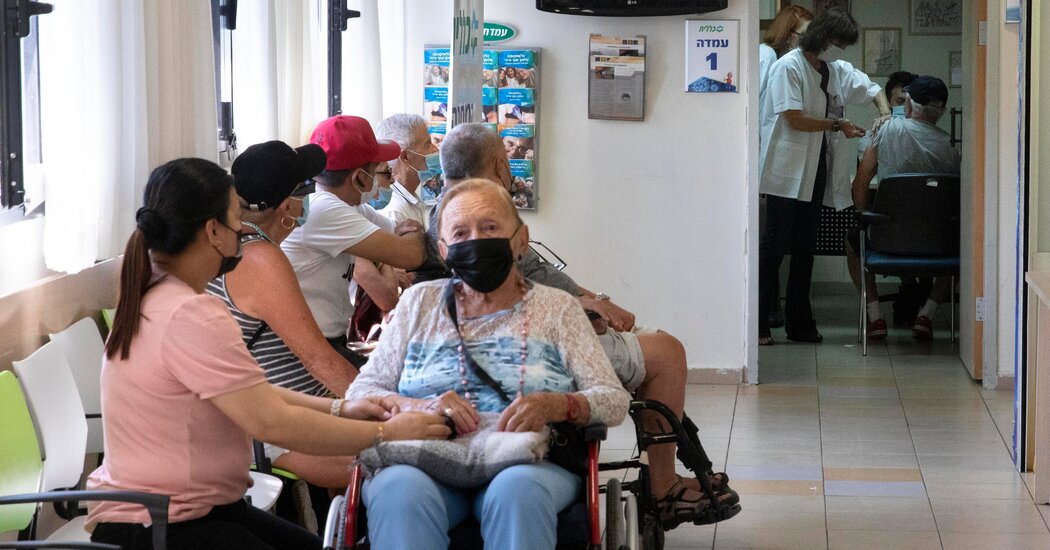
Last year, Israel led the world in vaccinating its population with two shots of the Pfizer-BioNTech vaccine. Mr. Bennett, the prime minister, prided himself on an early decision in late July to administer the third shot, crediting it with successfully containing the Delta wave while keeping schools and the economy open.
The emergence of Omicron threatens to reverse those gains and send the country back into a kind of lockdown. But Israel was quick to tighten border controls and bar most foreign nationals from visiting, and it is compiling an ever-growing red list of countries with high infection rates to which Israelis may not travel without special permission, including the United States and Canada.
The Coronavirus Pandemic: Key Things to Know
Mr. Bennett enthusiastically welcomed the panel’s recommendation of a fourth shot this week, saying, “The citizens of Israel were the first in the world to receive a third dose, and we are continuing to lead with the fourth.”
Germany’s health minister, Karl Lauterbach, said Thursday that he expected Germans would be getting another booster in the next year, depending on how long the protection of the third shot lasts.
But some medical professionals have suggested putting on the brakes.
Prof. Hagai Levine, an epidemiologist and chairman of the Israel Association of Public Health Physicians, said that Israel was not seeing a sharp rise in infections yet — daily infections are at around 1,200 a day, down from 11,000 at the peak of the Delta wave in August — and there was no evidence that a fourth shot was needed to prevent severe illness from Omicron.
“I respect the opinion of those who say better safe than sorry,” Professor Levine said in an interview, “and there is no problem with being prepared. But before giving a fourth shot, it is preferable to wait for the science.”
Another vocal critic, Prof. Dror Mevorach, who heads the coronavirus ward at the Hadassah Medical Center in Jerusalem, also urged waiting for more data.




